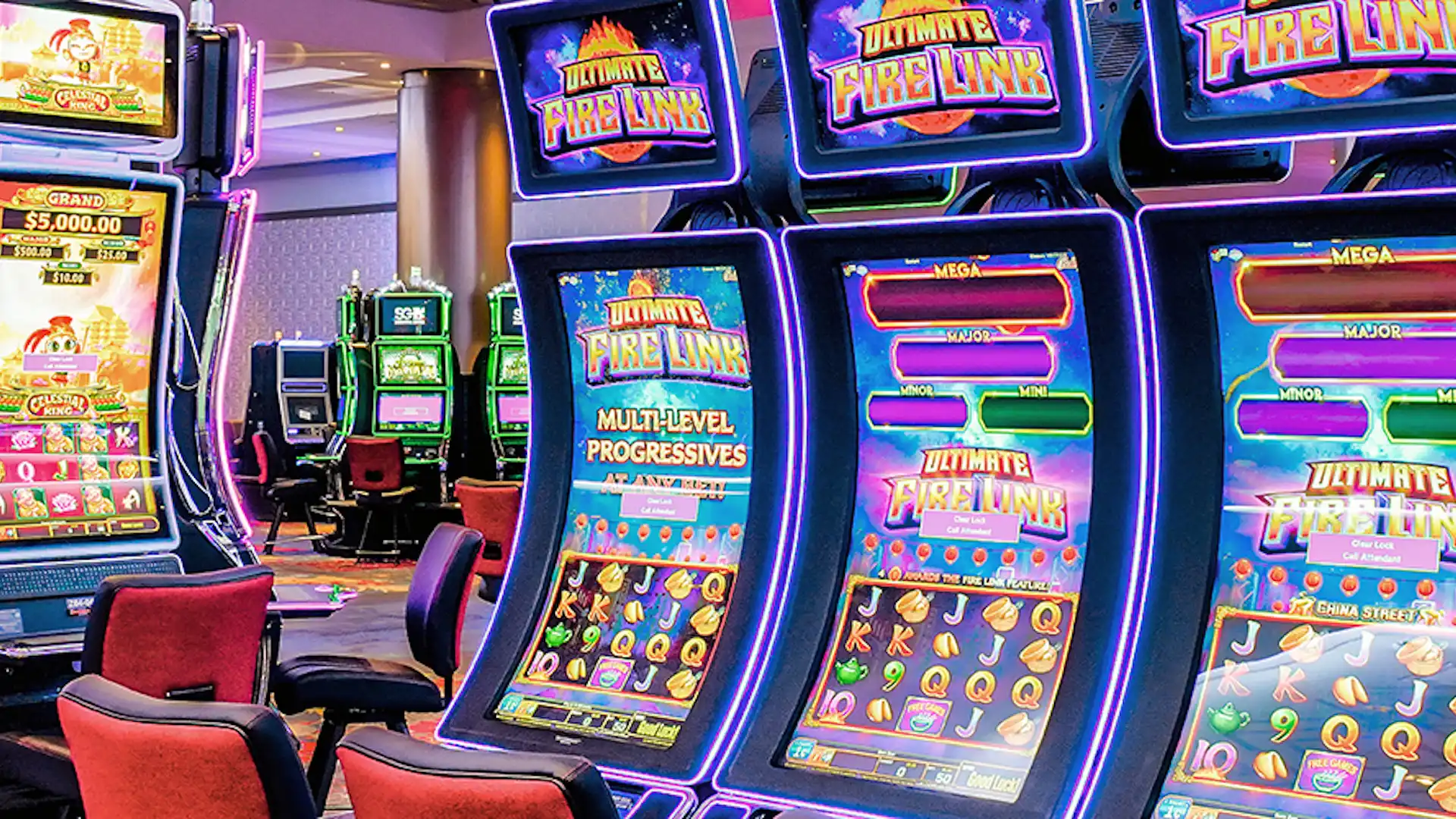A Societal Influence of Casino Games Worldwide

Gambling games have long been a fascinating source of amusement, drawing numerous of players from varied cultures around the globe. From the glitzy casinos of Vegas to the busy gambling halls of Macau, these games serve as a bridge that brings together people across various backgrounds. The allure of fortune, skill, and risk entices not only those hoping to gamble for profit but also those seeking a sense of community.
The cultural impact of casino games extends significantly past the gaming floor. They often reflect the values and traditions of the societies in which they prosper. Games such as seven-card stud, 21, and roulette have embedded themselves into the fabric of mainstream culture, influencing everything from cinema to clothing. As we explore this captivating intersection of chance and society, we can better understand how these games shape and are influenced by the surrounding world. nhà cái sv88 https://sv88.channel/
Chronological Evolution of Gaming Activities
The roots of gambling games can be tracked back to ancient cultures, where betting in various forms was extensively engaged in. In Ancient China, around 2300 BC, a form of lottery known as Keno was common, while in ancient Rome, soldiers would often gamble on the results of their matches. The concept of using chance for entertainment and gain progressed over the ages, leading to the formation of more formal games. By the late Middle Ages, betting houses started to surface in European nations, especially in Italy, which brought forth early versions of popular games still played today.
As betting increased fame in European regions, the 17th and 18th centuries saw the appearance of casinos as dedicated venues for gambling. The initial official casino, the Ridotto, was established in Venice in sixteen thirty-eight, featuring activities like the game of Baccarat and Faro games. This time marked a crucial shifting point, as gaming venues started to welcome not just the wealthy but also the burgeoning middle class. The refinement of games increased, leading to the development of new guidelines and modifications that improved the gaming experience.
In the 19th century, the industrial age and changes in social standards also altered the environment of gambling activities. The introduction of roulette and contemporary slot machines pulled in a more diverse audience, and casinos became seen as acceptable fun. This period witnessed the worldwide proliferation of gaming, as gambling houses expanded from European nations to the Americas, culminating in the establishment of the legendary Las Vegas Boulevard in the twentieth century. The progress of casino games has progressed into the current era, including new technologies and online services, rendering them accessible to a global audience.
## Cultural Relevance in Different Societies
Gambling games have deep-rooted cultural value across many cultures across the globe. Places like Las Vegas, the very essence of the city is woven around gambling establishments, where gambling is not just a pastime but a key aspect of leisure and community interaction. The dazzling lights and dynamic atmosphere attract countless individuals, showcasing how casino games can influence local financial landscapes and cultural identities. This surrounding transforms the notion of relaxation into an engaging encounter that shapes apparel, melodies, and even film.
In contrast, some communities approach betting with greater care, considering it through the lens of ethical beliefs and customs. A case in point, in numerous Asian societies, games like Mahjongg and Pai Gow Gambling are steeped in history and carry significant social implications. These games are often played during gatherings and festivities, fostering social ties and reinforcing familial ties. The act of engaging in these games goes beyond mere leisure, reflecting ethics such as respect for elders and the importance of shared enjoyment.
Simultaneously, in European countries such as the principality of Monaco and the Italian Peninsula, gambling activities serve as symbols of opulence and sophistication. The refined atmosphere of these venues attracts both visitors and residents, maintaining a sense of distinction and exclusivity. The art of the game of poker and the strategic features of games like banker’s game are celebrated, molding community relationships and creating an attraction that fascinates a diverse audience. This underscores how casino games can both echo and influence societal views towards risk, reward, and relationship building.
Economic Impact and Travel Industry
Casino games play a significant role in the economic landscape of many regions, particularly those that depend significantly on tourism. The revenue generated from casino operations fuels local financial systems, creating jobs not only within the casinos themselves but also in connected industries such as hotel management, dining, and recreation. This surge of tourists, drawn by the allure of gambling and the overall gaming environment, stimulates expenditure across multiple businesses, contributing to the economic vitality of the area.
The existence of casinos often leads to the construction of infrastructure, including hotels, transportation systems, and leisure amenities. These improvements are essential in improving the overall tourist experience, making locations more appealing to tourists. Additionally, many casinos contribute in local communities through sponsorship of activities and charitable initiatives, further embedding themselves into the social fabric of the region. Such investment not only supports economic growth but also cultivates a positive image of the casino industry.
In addition, the worldwide appeal of casino games drives tourism competition, with regions vying to attract gamblers from around the world. Iconic locations like Las Vegas and Macau have become identifiable with casino culture, drawing millions each year. This competitive edge encourages innovation and diversification within the gaming industry, influencing trends in leisure and hospitality that resonate beyond their borders. The consequences of this visitor influx extend wide, impacting local economies and cultural interactions on a worldwide scale.